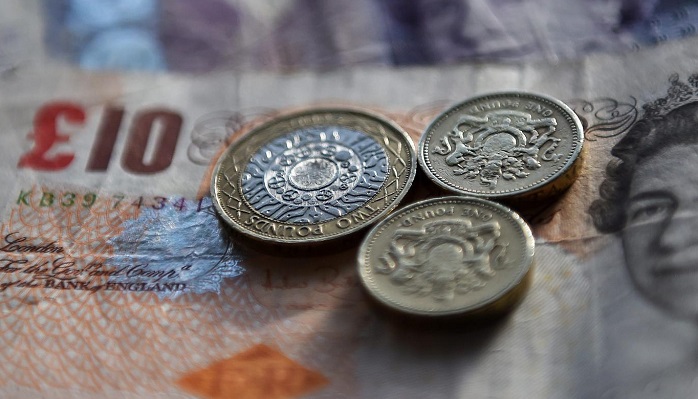The euro suffered its worst day of 2017 on Monday after Angela Merkel secured a fourth term as Chancellor, but her Christian Democratic Union haemorrhaged more support than anticipated to the far-right Alternative for Germany party.
Overall, the AfD garnered 13 per cent of the vote, giving it enough support to become the first far-right party to enter the country’s parliament in more than half a century.
The CDU and the Social Democrats suffered their worst results since 1949 and 1933 respectively and Ms Merkel now faces the tough task of forming a coalition.
The euro had enjoyed a strong rally in recent weeks, supported by robust economic data and the prospect of the European Central Bank ending its large bond-buying programme in the coming months. But the last few days have proved testing.
Adding to traders’ nervousness, ECB President Mario Draghi on Monday highlighted currency volatility as an ongoing source of market uncertainty and said that “ample” monetary stimulus was still needed.
Sterling, by contrast, has held steady in recent days, helped by bets that the Bank of England is preparing to raise interest rates in the coming months.
Over the longer term, however, strategists remain cautious on the pound and generally upbeat on the euro.
“We remain convinced that any weakness on the back of the German election result will reverse soon,” Unicredit strategists wrote in a note to clients. They said that they expect Ms Merkel to be able to form a coalition with “integration-friendly European policies”.
“Once this becomes more evident, we expect the upward trend in [the euro against the dollar] to pick up again.”
More about: #pound
















































